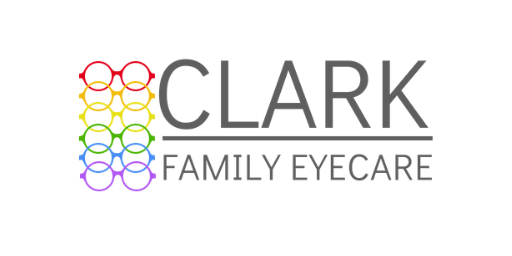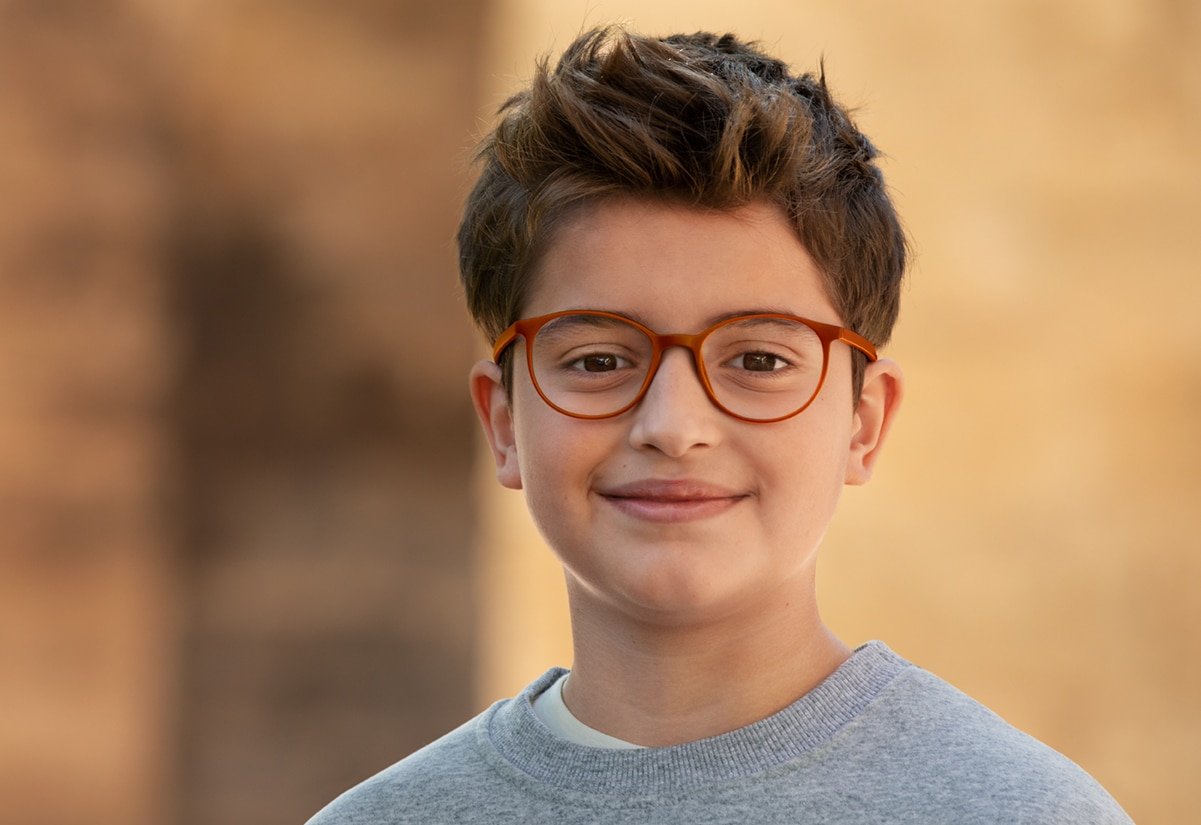Why Myopia Matters
Myopia Awareness Week is the 22-26 of May so we’re here to talk about Myopia. What it is, how to recognise it and what you can do if your child becomes myopic.
Myopia, or short-sightedness is a common condition of the eyes which means objects at far distances are out of focus. It’s a progressive condition affecting around 30 to 40% of the worlds population (estimated to affect more than 50% by 2050), however with new technology Optometrists are now able to help manage the progression of Myopia in children and teens to slow down the progression, meaning that the child’s vision my not be as distorted as it could be.
Myopia is generally an inherited condition and children who have two myopic parents are at greater risk of developing myopia themselves.
Of course there are other risk factors to, such as ethnicity and time spent looking at close up objects like books and devices for too long.
Some common symptoms to look out for, particularly in children are:
Difficulty reading street signs and car number plates
Trouble seeing words on a whiteboard or television screen clearly
Squinting to see better
Frequent headaches or tired eyes
Myopia can be managed using conventional spectacle lenses, however this tends to correct the prescription without treating the cause. That’s why in 2021 Clark Family Eyecare introduced MiYOSMART spectacle lenses and MiSight contact lenses to their portfolio and have been helping to manage children’s myopia using these methods ever since. Both of these products use technology which deters the growth of the length of the eye and therefore slowing the progression of the prescription.
As well as using lenses to manage myopia there are things parents and children can do to help.
Promote time outdoors
Limit screen time (outside of education)
Have regular eye examinations
Myopia or the early signs of myopic progression can be spotted during a routine eye examination. If you haven’t already it’s a good idea to have your child’s eye tested before they start school, particularly because some counties no longer do vision screening in school.
If your worried about your child having myopia or if there is myopia in the family and your child has not yet had an eye test then please do get in touch. We’ll guide you through the process and give you the information you need.


